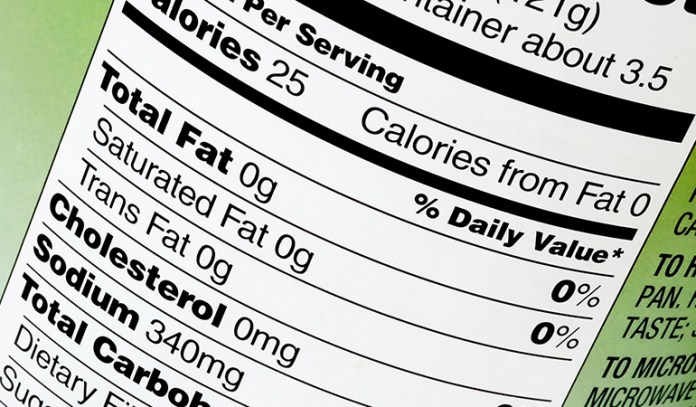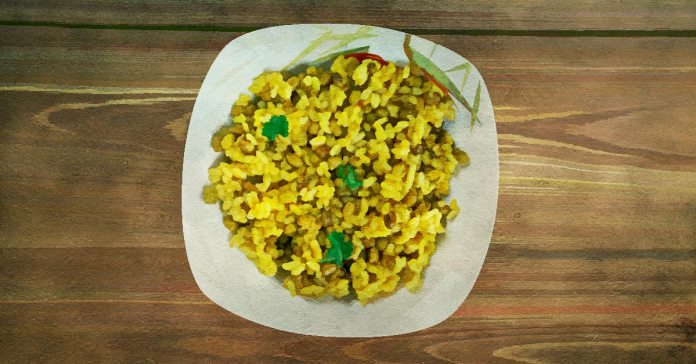It’s 5 a.m. on Wednesday, May 31st—the morning of the third anniversary of my mother’s death. My heart feels shredded to pieces. I am alone in the house—my husband is in India with my father, attending the ceremony and puja (the Hindu rituals and prayers). The sound of my own breath overwhelms me. I don’t want to think about what happened three years ago. How suddenly our world changed. I promise myself I won’t cry. I call up India and pretend to be brave. I take a deep breath; my day is packed with work meetings, this article deadline, a lunch meeting with a friend, and late supper with a fellow Ayurveda sister. I tell myself that I will handle the pain of losing my mom better this year, but the size of the wound has grown deeper. I find myself re-creating her legacies in the kitchen and in my home, lest I forget them. I am afraid that, eventually, I will not remember what she smelled like. The more I try not to think, the more wound up I feel. My stomach feels uncomfortable, but I drink tea and choose to ignore it.
I start to work on creating the materials for a workshop that I am supposed to teach for South Asian Women’s Creative Collective at the Asian American Writers Workshop on Saturday, June 3rd. It’s a workshop that will help people attain their goal of becoming a writer, while avoiding the pitfalls that sideline many writers, using a unique blend of holistic wellness and productivity techniques. I have listed “khichadi,” and how it helps elevate productivity, as one of the top bullet points I want to talk about at the workshop. Khichadi, also spelled kitchari or khichari, is a traditional Ayurvedic dish known for its ability to detox and nourish the body and balance all three doshas of vata (air and space), pitta (fire and water), and kapha (water and earth). My stomach cramps up again without a reason; I am unfamiliar with this pain, so I sit down to meditate. As I close my eyes and stop fighting myself and pretending to be brave, my face becomes flooded with tears. I bawl my eyes out and, slowly, the cramps disappear.
Khichadi Relieves Pain And Stress

It hits me: yes, serotonin is a brain neurotransmitter. But 90–95 percent of the body’s serotonin is produced in the digestive tract. It has been proven that we process stress through the intestinal wall. Chronic stress will irritate the intestinal wall and compromise our digestion. It will also impact the ability to detoxify through the gut. My stress level has been at its peak thinking about the anniversary of my mother’s death. And I have been reliving the pain every day, because I am working on my upcoming novel, Louisiana Catch, where the female protagonist has lost her mom. I realize that if I can calm my gastrointestinal tract, I can effectively calm my mind. In my aha moment, I feel my mother is looking over me as it occurs to me that khichadi can help the digestive system by healing and soothing the intestinal wall. Growing up, Mom made khichadi at least once a week. Khichadi made it to the dining room table every Saturday, after we had returned from long trips and reckless foodie indulgences, if one of us had digestive issues or needed to rest the gut, or if there were elderly people (our grandparents from either side) feeling unwell or babies visiting us.
I decide to ask my friend if we can meet at an Indian restaurant for a khichadi lunch—despite not being Indian, khichadi is her comfort food too. And for good reason! A simple, porridge-like blend of yellow mung beans, white basmati rice, seasonal vegetables, and spices, khichadi is often referred to as the Indian comfort food. Contrary to the Western idea of comfort food of pasta, burgers, and mac ‘n’ cheese, khichadi has many nourishing and cleansing benefits. The protein content of khichadi supports stable blood-sugar levels, which helps maintain energy balance. Because the spices can be customized depending on the individual doshas, khichadi can help kindle the agni, or the digestive fire. The combination of rice and beans has been a staple for many cultures for thousands of years because the combination provides all the amino acids needed to form a complete protein. Unlike animal protein, which is complete on its own, plant foods need to be combined to make a complete protein. Eaten on their own as just rice or beans, each of these foods is missing one or more of the essential amino acids that our bodies are not able to produce.
Nutritional Benefits Of Khichadi

Yellow mung dal, high in protein and fibers, is considered healthier than other beans and legumes because it doesn’t produce any gas in the intestines. These are the only lentils that are defined as vata-balancing in Ayurveda. The yellow mung beans have an astringent quality, which helps them remove toxins from the body. The basmati rice, which provides ample carbohydrates, is easier to digest because the husk is milled off. Adding locally grown and seasonal root, stem, and leafy vegetables to khichadi will enhance the nutrient value of the dish. Adding a teaspoon of ghee in your bowl of khichadi will help with rejuvenation, as well as internal lubrication. The best part about khichadi, aside from the ease of cooking and its many medicinal properties, is that khichadi travels well—put it in a thermos and bring it to work for a healthy lunch and/or dinner. As the so-called Father of Medicine, Hippocrates, said: “Let food be thy medicine and medicine be thy food.”
Disclaimer
The information offered in this article is not intended to treat, cure, or prevent any illness or disease. If you have, or suspect that you have, a medical problem, consult with your physician for diagnosis and/or treatment. Use herbs or food suggestions or holistic treatments as per instructions and always watch for any allergic reactions. You should always carefully read all product packaging and labels. Always consult your physician or health care provider before using any herbal products, especially if you have a medical problem.





